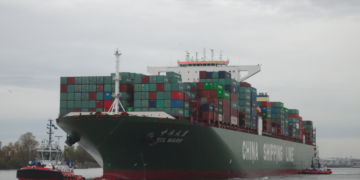May 23, 2022
Abandoning strategic ambiguity could threaten Taiwan and create a U.S.-China crisis
FOR IMMEDIATE RELEASE:
May 23, 2022
Contact: press@defensepriorities.org
WASHINGTON, DC—Today, President Joe Biden said the U.S. military would defend Taiwan in the event China attempts to invade the island, an apparent break with U.S. policy, despite the insistence of a White House official that there has been no change in policy. Defense Priorities Director of Asia Engagement Lyle Goldstein issued the following statement in response:
“President Biden’s statement in Tokyo that the U.S. would defend Taiwan militarily in the event of an attack by China represents a reckless departure from the current U.S. policy of ‘strategic ambiguity.’ Ambiguity about U.S. intentions, along with the ‘One China policy,’ has preserved stability in the Taiwan Strait and between the U.S. and China for decades. Given China’s growing military power, its proximity to Taiwan, as well as Beijing’s repeated statements, it is apparent the island represents a ‘core interest’ that China will fight and die over. It is exceedingly risky for the president to abandon ‘strategic ambiguity’ and imprudent to even hint at it, particularly in off-hand remarks.
“Unlike Japan, Taiwan is not an ally of the United States. That is by design, and there is no compelling U.S. vital interest with respect to the island, which China has claimed since 1949, that would justify a U.S.-China war. The risks of a war between the U.S. and nuclear-armed Russia limit our involvement in Ukraine; the same risks and dynamics should guide our Taiwan policy as well. Taiwan, which is not a springboard for Chinese conquest of the Asia-Pacific, can and should do much more to defend itself. Strategic ambiguity is a simple reflection of geographical, military, and political realities. The best way to preserve Taiwan’s autonomy is to stick with strategic ambiguity and the longstanding One China policy.”
More on China

Featuring Lyle Goldstein
October 22, 2025








